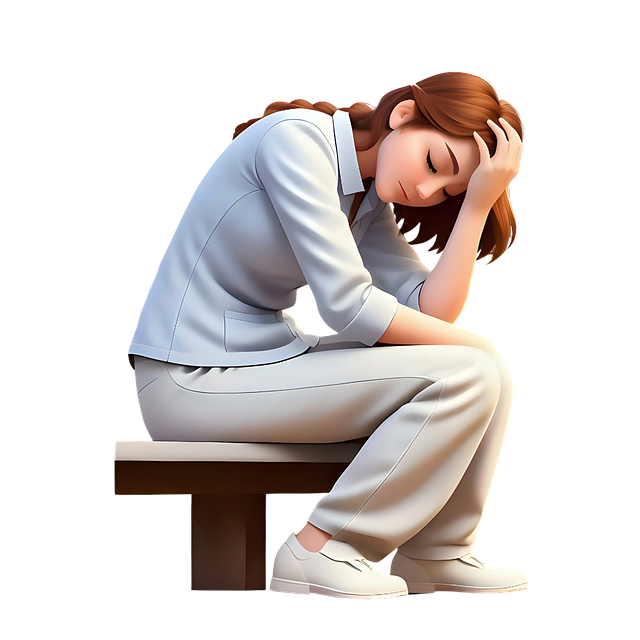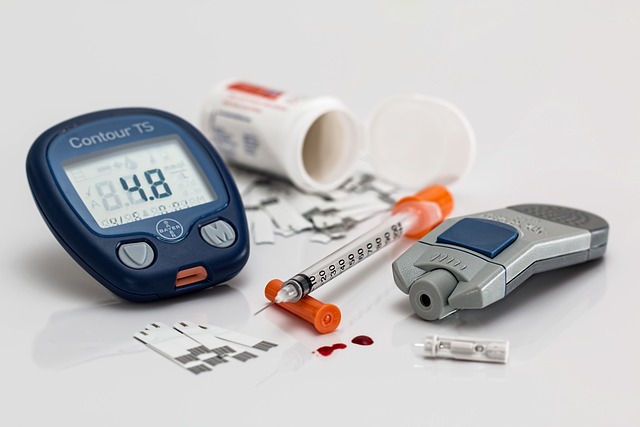“How do I go to sleep, Mommy?”
Apparently, my childhood inquiry is just as valid today.
“How do I go to sleep?”
My mom said, “just close eyes and be still.”
Well, a lot of help that gave me.
I can still hear her saying, “close eyes,” as she left my room at night. My little eyes popped open as soon as she closed the door.
But think about it: the steps are to get into bed, close my eyes, and be still.
Mom got me into bed; now, I am responsible for that.
How about you? Binge-watching just one more show? Reading just one more story on your phone?
Many of us have not absorbed the message that sleep is a priority or how to get to sleep, it seems, because an article this week shared graph after graph of evidence showing that Americans are getting even less sleep than ever.
And it’s mostly the women who are faring the worst in each comparison.
Stress is being cited as the culprit, and that’s easy to see, but the effects of a lack of sleep must be seen as major contributors to the stress levels being felt.
What’s the purpose of sleep, anyway?
Let’s summarize:
Tissue repair and healing – in ways we can see externally, and moreover, in ways we cannot see internally. Daily life creates a lot of wear and tear on our bodies and minds – it takes 7-9 hours of sleep to clean up, mend, renew, and heal.
Regulation of body processes – especially seen with hormones, the hours of sleep allow the body to have time to reset back to normal levels. When hormones are regulated, body systems function smoothly.
Brain function – we’ve all experienced sleep-deprived fuzzy-brain feel from time to time. Looks like most of the country is having a rough time of right thinking. Just watch the nightly news. Memory function and clear thinking are contingent upon consistently getting enough sleep.
Normalizing blood sugar levels – in addition to right eating, blood sugar levels are greatly affected by our getting regular adequate rest.
Weight management – another part of that hormone regulation mentioned above is the role of appetite suppressing and appetite stimulating hormones that can get unbalanced when there is not enough sleep time.
Stress reduction – did you have a stressful day? Not getting enough sleep causes even more stress hormones to be released. This creates a textbook example of a vicious cycle.
Reduce inflammation – here’s my favorite topic. Remember, all diseases have some major causative factor rooted in inflammation. Sleep helps to regulate some of the factors that would cause inflammation.
Is it a coincidence that along with inadequate sleep, we are seeing an uptick in obesity, diabetes, autoimmune diseases, and more?
There is no one answer or approach to solving the tsunami of sleep deprivation being experienced across the country – and probably the world. But making a difference in our singular lives, doing one thing less every night that’s keeping us from going to bed in a timely fashion would help.
Now, close eyes.
In health –
Deidre
Thank you for reading. Make sure to subscribe so you won’t miss the next post. Click on the subscribe link below on your device or scroll to the top left of your computer screen.











